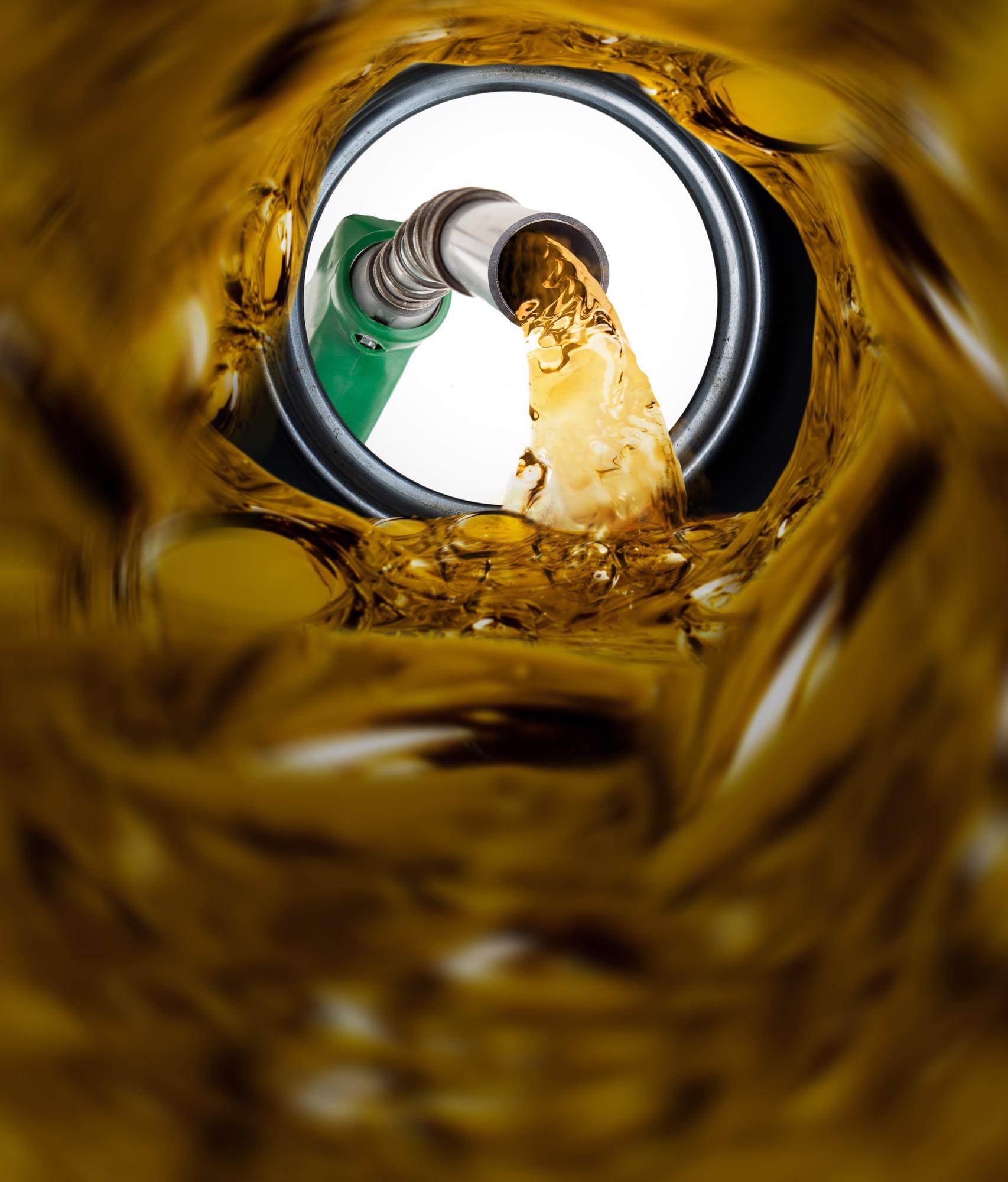Catalysts are responsible for making chemical reactions take place rapidly and more efficiently. They find their uses in the production of the majority of the chemicals that are used by people daily, like fertilizers, gasoline and even margarine.

Image Credit: Shutterstock.com/ nexus 7
The problem is numerous catalytic processes need an enormous amount of energy, frequently in the form of heat, and produce detrimental byproducts. Moreover, the majority of these products are now being produced from fossil fuels.
Scientists from the Lehigh University in the United States and Cardiff University in the United Kingdom have introduced a bimetallic catalysis method with the help of gold and palladium nanoparticles on a conductive support. This could result in setting the stage for new design pathways for greener production of renewable bio-derived chemicals and fuels.
The study outcomes of this collaboration are published in the journal Nature.
The study authors involved are, from Lehigh: Steven McIntosh, Department of Chemical and Biomolecular Engineering, and Christopher Kiely, Department of Materials Science and Engineering; and, from Cardiff: Graham J. Hutchings, Max Planck-Cardiff Center on the Fundamentals of Heterogeneous Catalysis FUNCAT.
Palladium and gold come under the most hopeful elements utilized in catalysts for advancing bio-derived molecules to useful chemicals. The trick is that every element is active for the various reaction involved steps in the upgrading process, explained McIntosh.
In such a case, gold seems to be active for alcohol dehydrogenation but not for oxygen reduction. Palladium is the complete opposite. Hence, these elements are integrated frequently into single particles to make a “compromise” catalyst, says McIntosh.
McIntosh and his collaborators found an unexpected enhancement in bimetallic catalyst activity with the help of these two elements that is preferable to particles of each element “talking” to each other through electron transfer via the conducting support.
The researchers illustrated that isolating the palladium and gold components present in the bimetallic carbon-supported catalysts helped them achieve nearly double the reaction rate than with that achieved with the equivalent alloy catalyst.
There was a dramatic increase in rate―Above the rate of each one separately―when the two different types of particles were placed together on a conducting support enabling the electron transfer between them. Unraveling why this happens took a huge amount of very thorough research, checking and rechecking hypotheses until we reached the conclusions presented in this paper.
Steven McIntosh, Department of Chemical and Biomolecular Engineering, Lehigh University
Electrocatalysis and thermal catalysis were brought together for collaboration to comprehend and design novel catalyst systems.
This hybrid approach meant that we could not only understand where the particles were on the support materials but also bring electrochemical techniques to bear to demonstrate the mechanism and driving forces for this process.
Steven McIntosh, Department of Chemical and Biomolecular Engineering, Lehigh University
This breakthrough could set the stage to design and comprehend similar bimetallic catalyst systems for an extensive range of reactions.
It has the potential to change the way experts think about the design and creation of these catalysts for many applications―in this case, for the green production of bio-derived chemicals and fuels.
Steven McIntosh, Department of Chemical and Biomolecular Engineering, Lehigh University
Journal Reference:
Huang, X., et al. (2022) Au–Pd separation enhances bimetallic catalysis of alcohol oxidation. Nature. doi.org/10.1038/s41586-022-04397-7.
Source: https://www1.lehigh.edu/